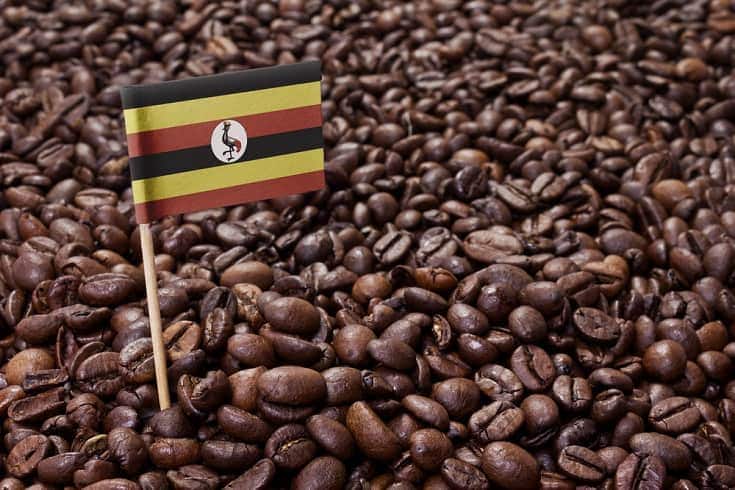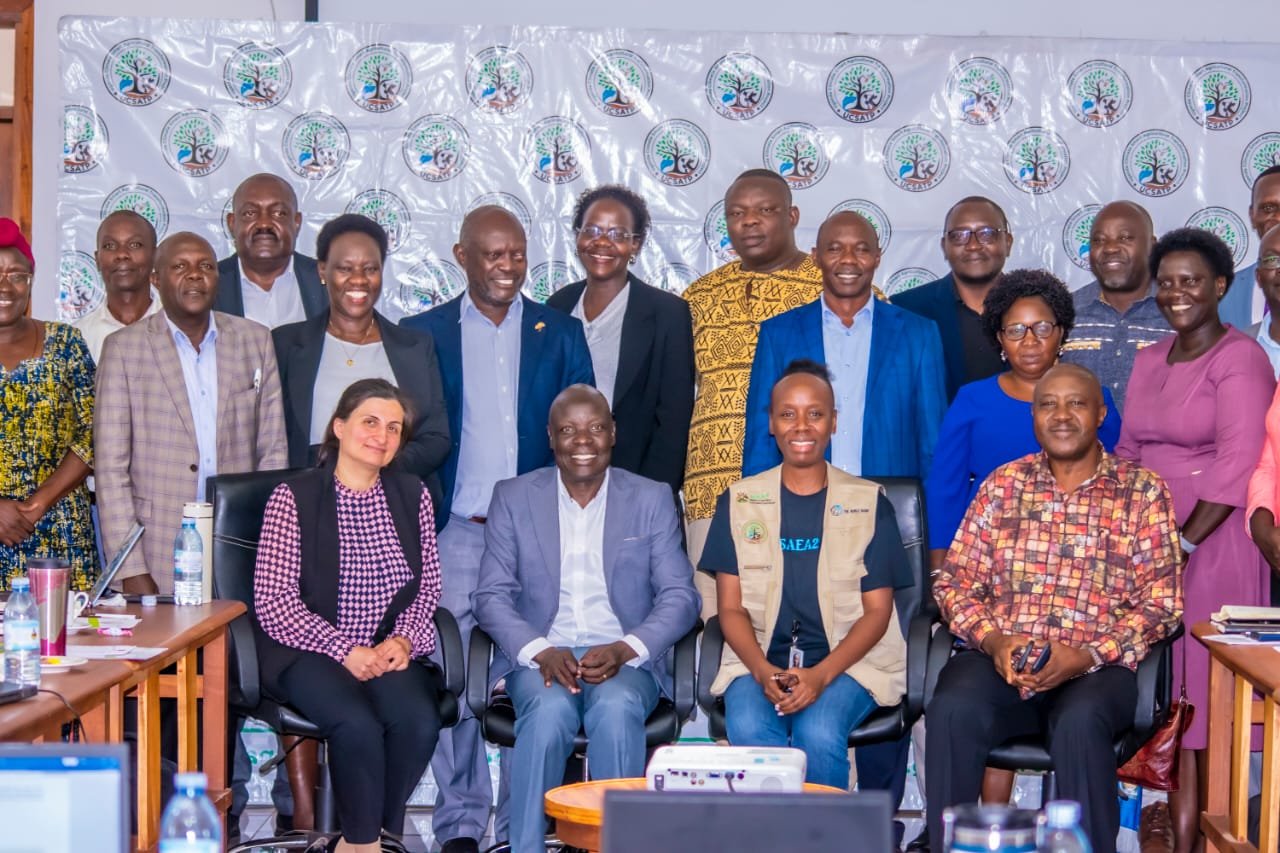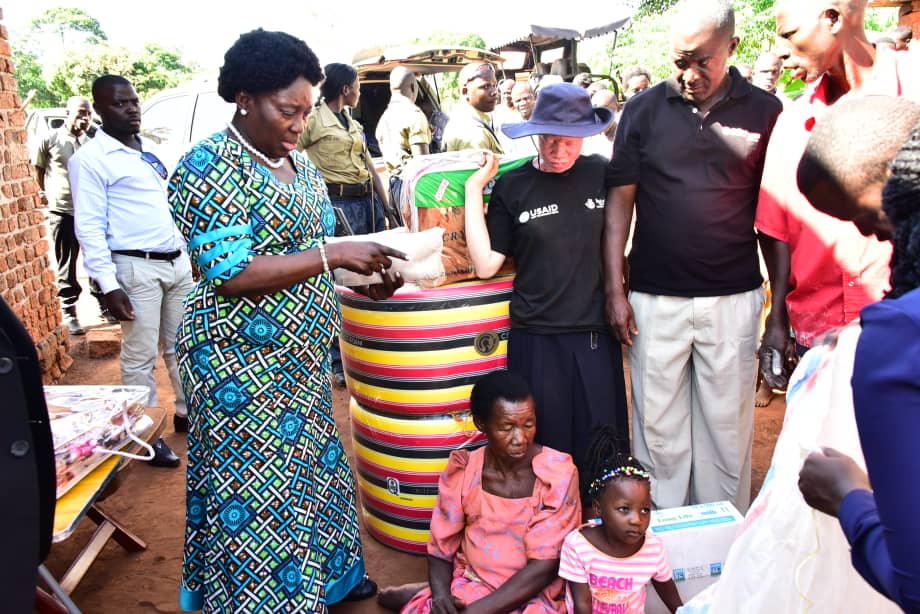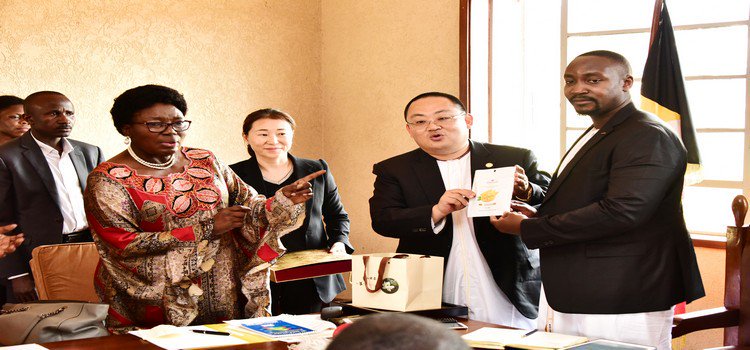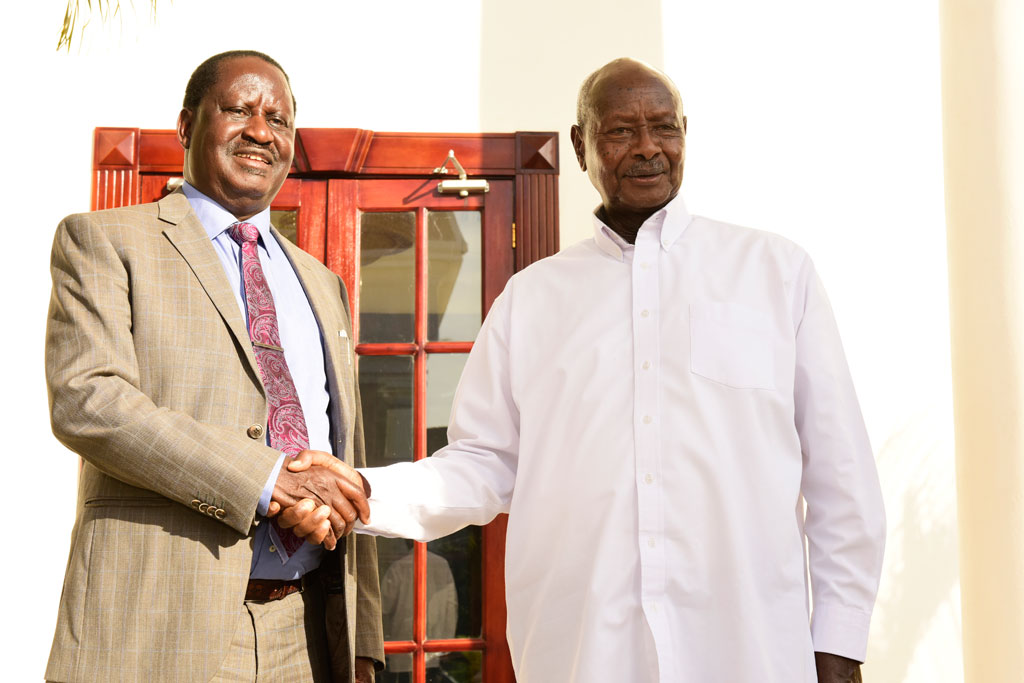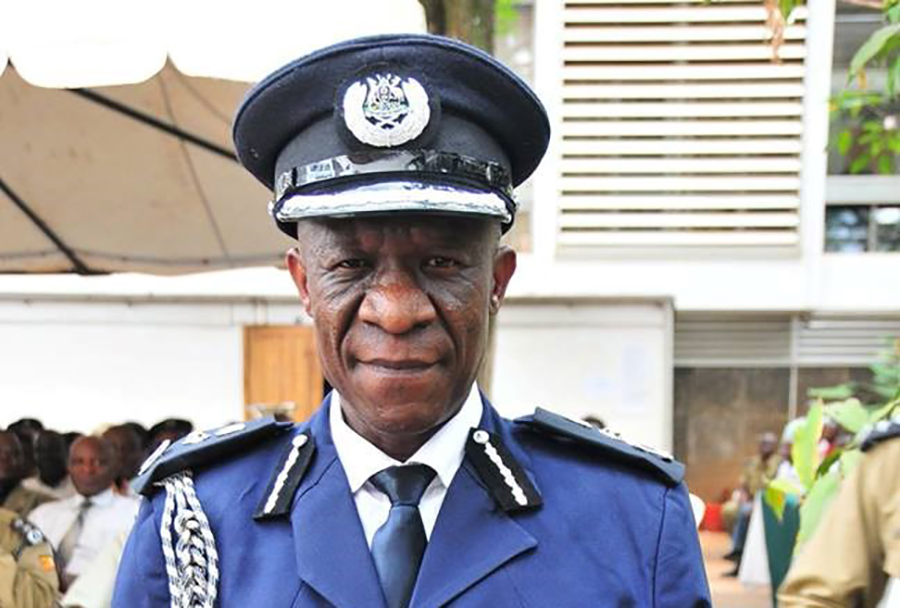Uganda is turning to coffee its second-largest export as a strategic tool for economic diplomacy, leveraging the crop not just for trade, but as a catalyst for deeper bilateral cooperation with China.
This approach was on full display during the First Uganda-China Coffee Trade and Investment Meeting held in Kampala, where officials hailed the recent 190% surge in coffee exports to China as a sign of what smart diplomacy and targeted engagement can achieve.
Foreign Affairs Permanent Secretary Vincent Waiswa Bagiire said coffee is becoming a gateway product through which Uganda is building stronger investment and cultural linkages with China.
“Coffee is no longer just a commodity — it is part of our international branding strategy,” Bagiire said. “Through familiarization tours, business exchanges, and direct linkages, we are presenting Uganda to China not just as a seller, but as a partner.”
China has rapidly emerged as Uganda’s second-largest coffee export market, thanks in part to government-led trade missions that have cut out middlemen and connected local producers directly with buyers.
Bagiire said the relationship is now yielding dividends beyond raw exports. “We’re attracting interest in processing, packaging, and investment in infrastructure — this is the broader impact of using coffee as a platform for economic cooperation,” he said.
Uganda’s strategy also includes knowledge exchange. With China’s advanced coffee processing industry, Uganda is gaining insights into value addition and quality control, crucial for increasing global competitiveness.
China’s Ambassador to Uganda, Zhang Lizhong, called the growing coffee relationship a symbol of a new phase in Uganda-China cooperation. “This trade is not just transactional — it is strategic,” he said. “It supports agro-industrialization, tourism, and people-to-people diplomacy.”
He revealed that Chinese tour operators who participated in recent coffee farm visits are now planning a tourism charter to Uganda, underscoring the soft power potential of coffee diplomacy.
Uganda’s Ambassador to China, Oliver Wonekha, emphasized the country’s readiness for joint ventures and large-scale investment. “The recent visits to Lwengo, Mbale, and the Chinese Business Park demonstrated both our capacity and commitment to doing business,” she said.
Officials are now working to expand coffee production to 3.6 million kilograms annually, aiming to meet China’s growing demand, which is increasing at 15% per year. In 2023 alone, China imported 150,000 tons of coffee worth \$840 million — Uganda supplied 8,700 tons of that, earning \$31 million and accounting for nearly 40% of its total exports to China.
Beyond trade, Ambassador Zhang highlighted President Xi Jinping’s 2023 pledge of ten new Africa-focused initiatives, including support for agro-industrialization and talent development — areas Uganda is keen to tap into.
Experts say Uganda’s success with coffee diplomacy could be replicated in other sectors like tourism, horticulture, and textiles if similarly strategic partnerships are pursued.


